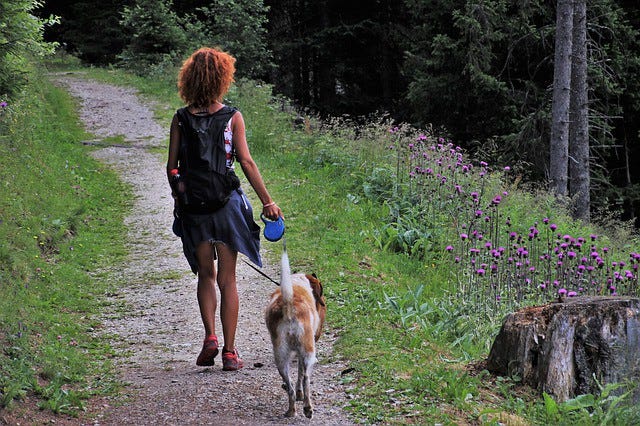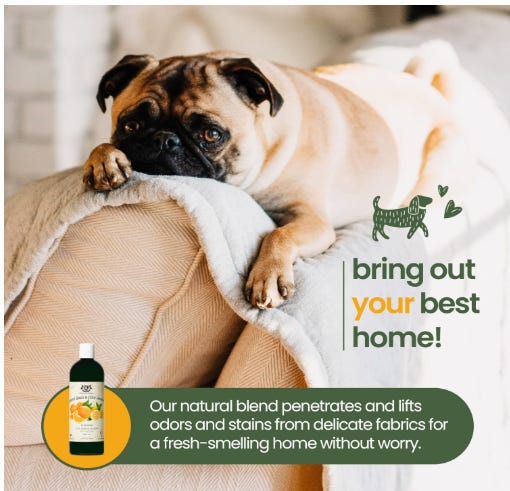Walking dogs during the coronavirus scare
Be wary of instant Internet coronavirus experts, opt for proven results

Update on April 6, 2020: Although evidence remains the same for dogs, pet owners who read this post should be aware that “SARS-CoV-2 replicates poorly in dogs, pigs, chickens and ducks, but efficiently in ferrets and cats.” (Source: bioRxiv)
The coronavirus scare has put people on edge, especially with 647 total cases in the United States* and 25 that have lead to deaths (and more than 118,000 people* infected with the disease across 110 countries — 80 percent of cases in China). As of the time of this writing, 83 were travel-related, 36 are person-to-person spread, and 528 more cases are under investigation. It’s enough to understand why some people are self-isolating themselves the way Italy is. And while dog walkers tend to spend more time with four-legged friends than two-legged ones in their day-to-day activities, this may also be a group at risk when it comes to boarding and house sitting.
Recommended Read: “Adopting a dog during the coronavirus scare ~ How to socialize your pet during social isolation”
However, as with every other health concern on the Internet, there’s a flock of people who have decided that they are now coronavirus experts — without one degree or even an actual case to back it up. In this post, I have no desire to be in that group. I have not a shred of expertise in working with someone with coronavirus disease 2019 (COVID) nor do I have a medical degree. This post is solely to answer some frequently asked questions that I’ve seen on social media for those who are concerned but unaware of what is a myth and what has actually been documented regarding dogs and coronavirus. All answers are linked to verified and credible sources.
ADVERTISEMENT ~ Amazon
As an Amazon affiliate, I earn a percentage from purchases with my referral links. I know some consumers are choosing to boycott Amazon for its DEI removal. However, after thinking about this thoroughly, I want to continue promoting cool products from small businesses, women-owned businesses and (specifically) Black-owned businesses who still feature their items on Amazon. As of the first date of Black History Month 2025, each new post will ALWAYS include a MINIMUM of one product sold by a Black-owned business. (I have visited the seller’s official site to verify that Amazon Black-owned logo.) I am (slowly) doing this with older, popular posts too. If you still choose to boycott, I 100% respect that decision.
How do I protect myself from coronavirus while walking dogs?
According to the American Kennel Club, pet owners should follow the same expected health precautions they’ve already been doing (hopefully) — wash their hands with soap and water after contact with any animal. No face masks are needed for your dog. And if you are in the habit of just rinsing your hands or using antibacterial ointment, this is as good of a time as any to remember that you should be scrubbing your hands for 20 seconds every single time.





